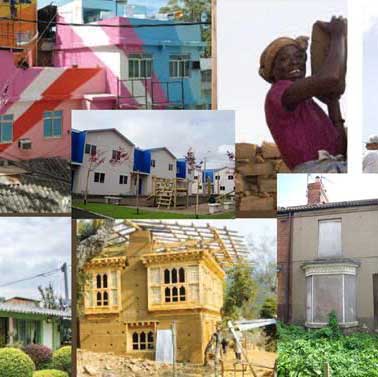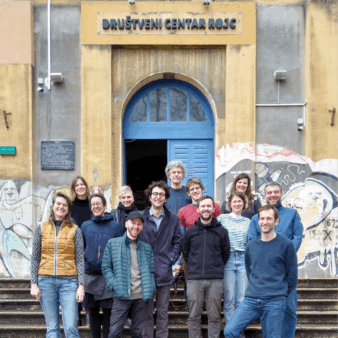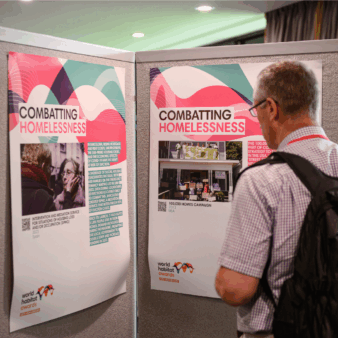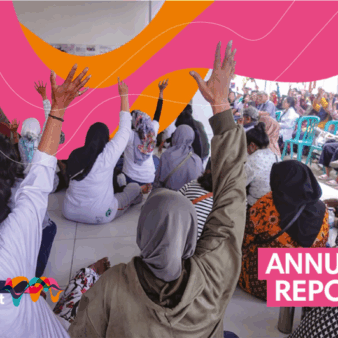
World Habitat Awards 2015-16 winners announced
The two winners have been chosen from submissions from around the world. And although thousands of miles apart from each other both projects demonstrate how empowered communities have transformed people’s lives by creating affordable and safer homes for those in need.
Canopy and Giroscope are joint winners. The first UK based winners for over a decade. They work in cities in the North of England and are pioneers in a movement of UK housing providers called ‘Self Help Housing’. These housing charities train homeless and vulnerable people to renovate abandoned properties and bring them back into use. The completed houses provide low cost homes for homeless local people who are homeless or in housing need.
Judge of the awards, Leilani Farha the UN Special Rapporteur on the right to adequate housing endorsed the UK winners by explaining: “They are providing homes to people in housing need in particular homeless persons, refugees and migrants or women fleeing violence. The houses provided meet many of the criteria of ‘adequate’ housing as defined in international human rights law. The engagement of local residents in their own housing solution has had positive results.”
David Ireland, Director of World Habitat, co-ordinators of the World Habitat Awards, said of the project: “For many people Canopy and Giroscope provide a lifeline that other organisations overlook or rule out. At the heart of this work are people. Disadvantaged and isolated people get the chance to learn new skills and develop confidence on their way to being properly housed and employed. These two charities have also inspired over 100 organisations in the UK to follow their Self-Help Housing model.”
Caño Martín Peña Community Land Trust in Puerto Rico is the other winner. The Martín Peña Channel was once a waterway that ran through the middle of the Puerto Rican capital San Juan. A community land trust (CLT) is helping transform an informal settlement around this polluted and flood prone tidal channel into a sustainable community. It provides a new model for improving informal settlements in cities without them then becoming unaffordable for the original residents.
Leilani Farha explains: “The project tackles a number of core elements of the right to housing such as ensuring security of tenure for those living in informal settlements; community participation and protection of land. It recognises housing is a human right rather than a commodity. Women are community leaders, and the project ensures them title to properties.”
David Ireland adds: “The empowerment of these communities is outstanding. They have used a Community Land Trust, to turn the threat of displacement of an informal settlement into something very special – a strong and flourishing neighbourhood in which everybody is engaged. It is arguably one of the most democratic places on earth.”
David added, “The winners will be presented with their trophies at Habitat III the major UN global summit which will take place in Ecuador this October. Applications are still open for the next round of the World Habitat Awards and more information on how to apply can be found on our website www.worldhabitatawards.org”
The two winners were judged by Dr Joan Clos, Executive Director of UN-Habitat and Leilani Farha, UN Special Rapporteur on the right to adequate housing




Join the discussion